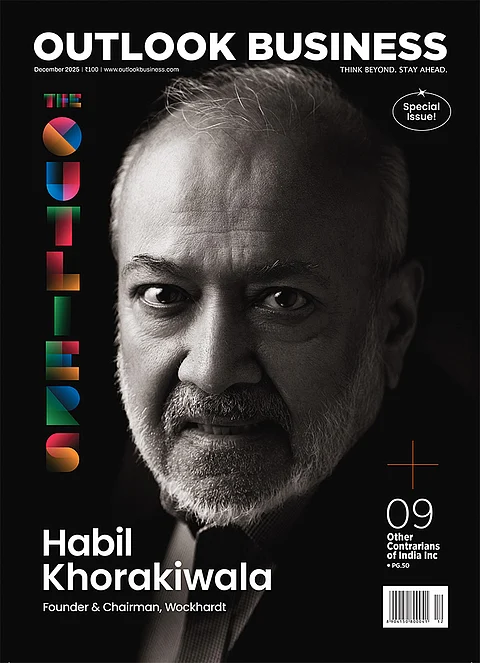Amid the growing misuse of technology to disrupt financial services and security of a country, Finance Minister Nirmala Sitharaman on Monday emphasised the need for a tech-savvy force to protect India's digital infrastructure, which is a catalyst for economic growth.
“At this juncture, it is important for us to recognise the new challenges facing the country’s security, and not just at the borders. Today, technology doesn’t wait to recognise borders. Technology, as much as it’s available to us to increase productivity, is also being misused by some vested interests or dark forces,” Sitharaman said speaking at the fourth convocation ceremony of Rashtriya Raksha University in Gandhinagar, Gujarat.
She also noted that technology is being misused by some vested interests or dark forces and, adding India's growth may not go down well with some people.
"It is important to recognise that India is growing in the eyes of all our competitors. India is also growing in the eyes of people who see this kind of growth from an emerging democracy as something astonishing," said the Finance Minister.
"While we have well-wishers, there are also people who think this should not be entertained and who can challenge us," she added.
Sitharaman further highlighted that India is now among the top 25 arms exporters from being the second-largest arms importers between 2015 and 2019. She said that India had reached a record high of Rs 1.27 trillion in 2023-24 in defense production in terms of value, registering a 2.7-fold increase over 2014-15.
Need for India's Tech Sovereignty
In its latest edition, Outlook Business shed light on why India needs to chase tech sovereignty in the age of digital empires. The Union government told Parliament recently that the Indian banks faced 23,158 cyberattacks in 2023, nearly 2,000 every month. Indian businesses face 3,201 cyberattacks a week, second only to Taiwan, according to US-based cybersecurity firm Check Point Research.
India is vulnerable to malicious players with the greater part of the technological infrastructure stationed in foreign jurisdictions. Almost every closed-circuit camera that keeps a watch on Indian cities uses chips made in China. As does almost every attendance management system, smartwatch and other gadgets.































